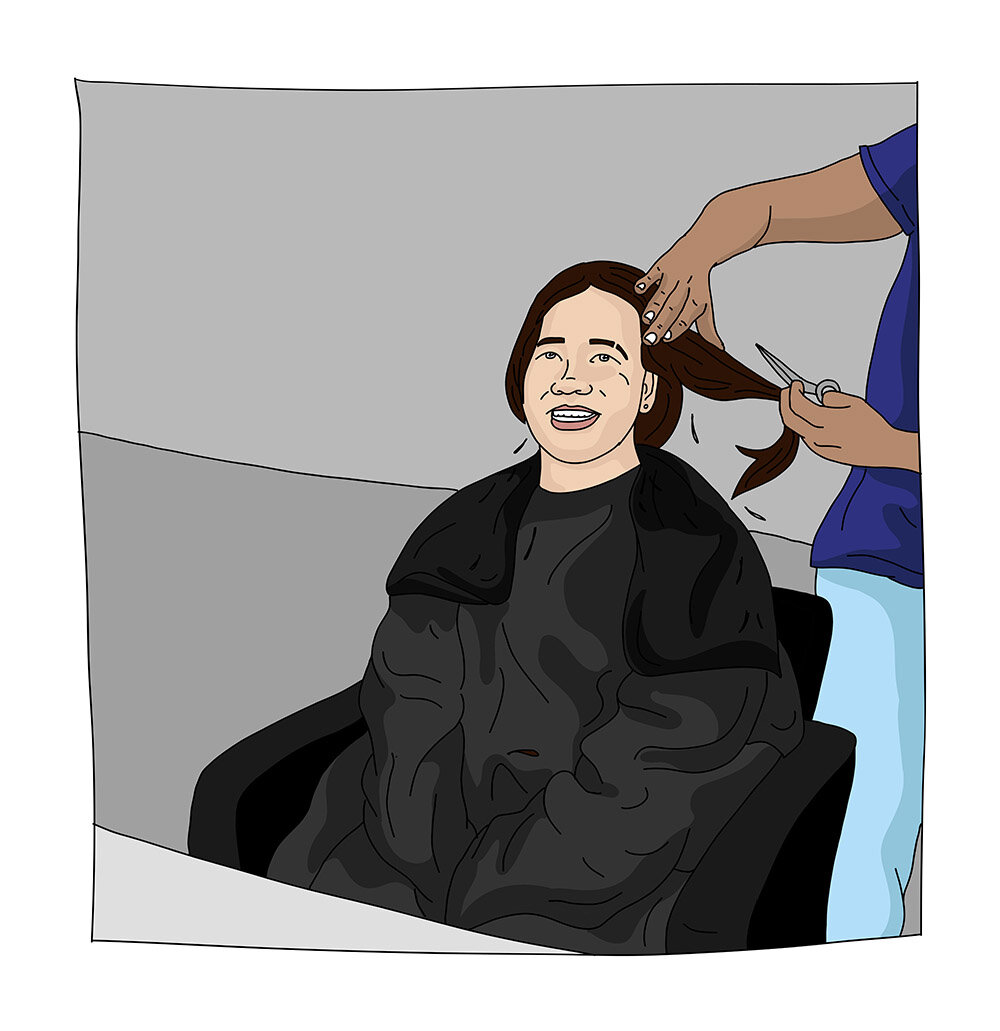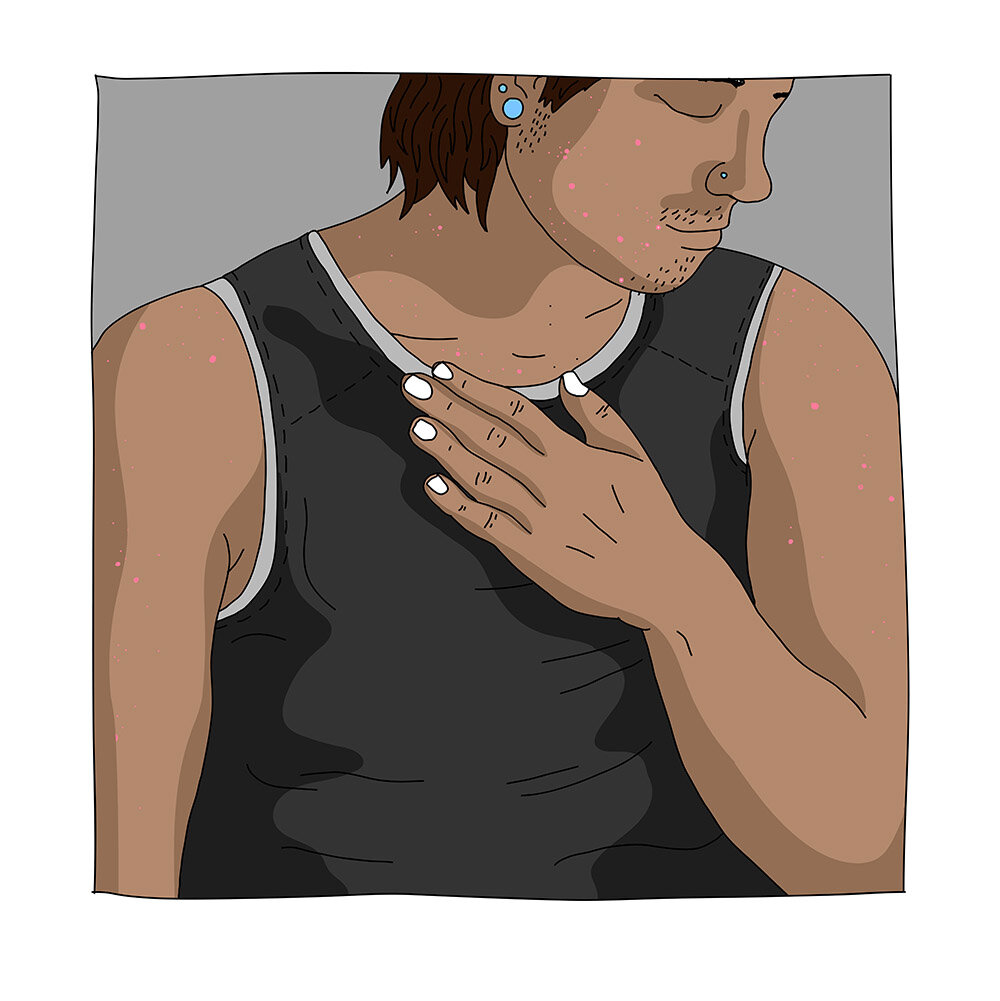What is gender affirmation?
Gender affirmation is an umbrella term for the range of actions and possibilities involved in living, surviving, and thriving as our authentic gendered selves.
What gender affirmation looks like for every individual trans person is unique and based on what is personally affirming, what feels safe to do, and what is accessible and available.
The 'Gender Affirming' model of healthcare is about recognising and acknowledging that trans people tell the truth about who we are. Unfortunately, this approach to care is sometimes wilfully misconstrued as meaning an immediate race to hormones and surgery for all trans people, particularly young people. The reality is very different though with many trans people reporting significant barriers to accessing this medically necessary healthcare.
For trans young people, gender affirmation means being able to socially affirm their gender (with name, pronouns and expression), medical intervention for pre-pubertal trans young people does not occur in Australia, ever.
How do trans people affirm their gender?
There’s a common myth that gender affirmation (or transition) is a linear experience from A to B, when in reality we affirm our genders in many different ways. There is no right or wrong way to affirm your gender.
TransHub also uses the term gender affirmation instead of transition or gender transition, to reflect the breadth of actions and possibilities that can be involved in living and thriving as our gendered selves.
While transition is used both linearly and non-linearly by trans people, our use of affirmation is intentional - many people, trans and cis, observe the trans experience through a lens of medical intervention. For more information about this, go to our language page.
On TransHub, we’ve divided this up into the sections Social, Medical and Legal affirmation.
Social affirmation describes how we introduce our authentic selves to the world around us, whether the world notices or not. This might mean forms of affirmation you can do without involving anyone else, and which you can change your mind about later, including: starting to use your chosen name and pronouns, coming out, wearing new clothing, or modifying the shape of your body, cutting or shaving your hair, playing around with how you use your voice, and more. Social affirmation also includes playing sport, going to work, and participating in life as our true selves. This can be really liberating and also scary for trans people, and we need allies around us, particularly when we start coming out
Medical affirmation describes forms of affirmation we might do with the help of doctors or health professionals, including: taking some form of hormones such as estrogen, testosterone, or progesterone, or puberty blockers or having affirmative surgeries, such as chest surgery, genital surgery, facial surgeries, or more.
Legal affirmation describes affirming your gender when working with legal and legislative systems, including: updating your name or gender marker at work, school, or on forms of ID, your rights in various settings, and being affirmed while working within systems like the police, prison, and immigration.
Trans people also affirm our gender in many other ways throughout our lives, such as when interacting with health services, people we don’t know out in the world, or just for ourselves.
Do only trans people affirm their gender?
While we describe many things as ways that trans people can affirm their gender, for many people they are simply being their gender.
While ‘gender affirmation’ as a term is usually only used by trans and gender diverse people, cisgender people are constantly doing things that make them feel better, comfortable, or supported in their gender too.
This might be buying clothes or makeup that make them feel good, going to the gym, getting plastic surgery or beauty treatments, accessorising living and work spaces, and more. These aren’t traditionally seen as a form of ‘gender affirmation’ because unlike trans people, cis people aren’t required to affirm their gender for it to be seen as real or valid.
Access to free and timely health care that respects self-determination, autonomy, and the medical necessity of gender affirmation for those who seek it, is a life saving and affirming right for all trans people.
Downloads
10 trans questions to ask a doctor - TransHub
10 tips for clinicians working with trans & gender diverse people - TransHub
Words Matter: A guide to talking about the trans people in your life - TransHub & PDGC
Gender affirming intake form for doctors - TransHub






